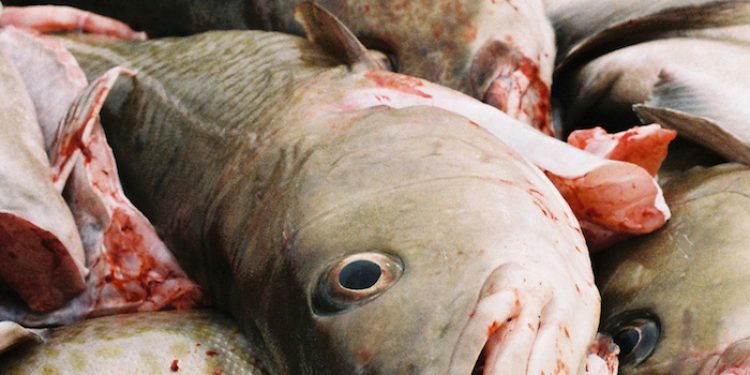EU Fisheries Commissioner Karmelu Vella has announced a swingeing reduction in the Western Baltic cod quota.
‘Especially the Western stock which is deteriorating fast, were the subject of difficult discussions,’ he said. ‘There was no easy decision on the table, as it was very difficult to take on board the different interests at stake. I had proposed a reduction of 88%, in line with the upper limit of the scientific advice, to bring back the stock to sustainability as soon as possible.’
‘After listening to the Member States arguments, and the impacts on the different fleets and in particular on artisanal fleet, I have accepted a lower reduction that is still well above the lower limit of the scientific advice and well within the management plan. It is important that this lower cut is accompanied by a comprehensive set of conservation measures which allows us to protect this vulnerable species.
These additional measures include the regulation of recreational fishing, with anglers limited to five cod per day, plus there is the extension of the spawning season closure during which anglers’ catches are reduced to three cod per day.
‘This set of measures, combined with the TAC cut agreed today, ensures that our decisions are fully consistent with the Multiannual Management Plan for the Baltic and more importantly also ensures an effective protection to this emblematic species,’ Karmenu Vella said.
‘But the protection of our fishermen is also very close to my heart – and I could not leave our fishermen to deal with such significant quota cuts alone. Especially for the smallest of our fishing businesses, who will be most vulnerable, I informed Ministers that the European Maritime and Fisheries Fund is available to them in order to support the industry during this difficult, but hopefully short, period. Under the new Baltic management plan, Member States now have the possibility to adopt appropriate measures through regionalisation. For instance, to redistribute quotas at national level to those small fleet segments that are most affected. We count on local knowledge and expertise to further contribute to reversing the stock’s alarming condition.’
In the eastern Baltic, the reduction on cod is 5%, while plaice and some herring and sprat fisheries see increased quotas.
‘Due to the poor condition of the western stock is in, we would have preferred a larger reduction, but we note that the compromise provides for a significantly reduced quota of 56% for the western stock, compared with last year,’ said Malin Wilhelmsson at the Swedish Agency for Marine and Water Management.
‘The decision is in line with the objectives of sustainable fisheries in the common fisheries policy and the new multi-annual management plan for Baltic, which we see as positive.’









